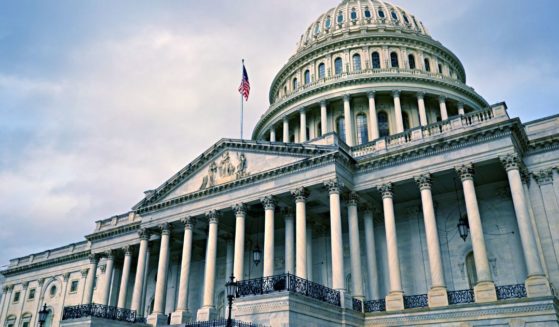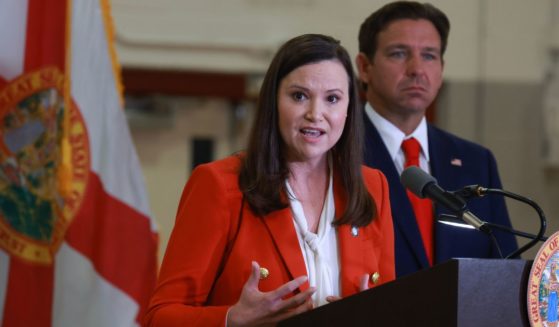100 Fattest US Cities Revealed... Looks Like Bad News for Arkansas
The Organization for Economic Cooperation and Development recently released a report which measured and ranked obesity in member countries around the globe, and perhaps unsurprisingly, the United States was pretty high up on the list.
The study, which ran counter to others placing America lower in the rankings, found that roughly 38 percent of U.S. adults were obese or overweight, and with the rate of increase rising sharply, it was projected that more than 45 percent of U.S. adults would be considered obese by the year 2030.
The OECD obesity study compelled WalletHub to conduct their own study of obesity in America. The outlet took the 100 most populated metro areas in America and compared them across 18 different metrics subdivided among three key dimensions: obesity and overweight, health consequences, and food and fitness.
The obesity and overweight category included such metrics as shares of overweight or obese adults, teenagers and children. Meanwhile, the health consequences category measured shares of high cholesterol, high blood pressure, diabetes and heart disease. The food and fitness category measured shares of fruit and vegetable consumption, physical activity and access to healthy food, among other things.
Coming in at the top of the list and receiving the dubious honor of “fattest” city was the central Arkansas metro area, which includes the cities of Little Rock, North Little Rock and Conway.
The Little Rock area wasn’t the only region of Arkansas to be featured on the list. The northwest corner of the state, which includes Fayetteville, Rogers and Springdale, came in at 21 on the list.
The Shreveport-Boosier City area of Louisiana came in second, followed by the McAllen-Edinburg-Mission area of southeast Texas in third.
Rounding out the top five fattest cites was the Memphis area, which includes parts of Arkansas, Mississippi and Tennessee, as well as Mobile, Alabama in fifth place.
Of those top 100 metro areas, the five that ranked as the least fattest included — in descending order from 100 — Portland-Vancouver-Hillsboro in Oregon and Washington; Honolulu, Hawaii; Salt Lake City, Utah; Seattle-Tacoma-Bellevue, Washington; and Colorado Springs, Colorado.
WalletHub declared in the introduction to their study results that “considering the huge availability of fast-food and increasingly cheaper grocery items that have negatively altered our diets,” it should come as no surprise that nearly 40 percent of Americans were considered obese or overweight.
“Unfortunately, the extra pounds have inflated the costs of obesity-related medical treatment to nearly $316 billion a year and annual productivity losses due to work absenteeism to more than $8.6 billion,” the outlet continued.
Breaking down some of the overall rankings by specific categories and metrics, the McAllen, Texas area ranked first in both the highest percentage of obese adults and highest percentage of physically inactive adults. The area ranked second for highest percentage of diabetic adults.
Back to the Little Rock metro region, that part of the country ranked fifth in highest percentage of both physically inactive and diabetic adults and first in lowest consumption of fruits and vegetables.
One thing that was not mentioned in the study but is still worth pointing out is that a substantial portion of the top end of the list includes cities in the south, and while liberals will no doubt make jokes about fat southern folks, the most obvious explanation that comes to mind for their higher share of obese and overweight people would be the prevalence of fried and other comfort foods that make up much of the delicious southern cuisine.
All of that said, there is no doubt that Americans in general would be better served by eating a healthier diet and engaging in more physical activity to ward off obesity and obesity-related health issues.
But, we are still a free country for now, and Americans can eat what they want and be as active or inactive as they please, so it is what it is.
Truth and Accuracy
We are committed to truth and accuracy in all of our journalism. Read our editorial standards.
Advertise with The Western Journal and reach millions of highly engaged readers, while supporting our work. Advertise Today.












